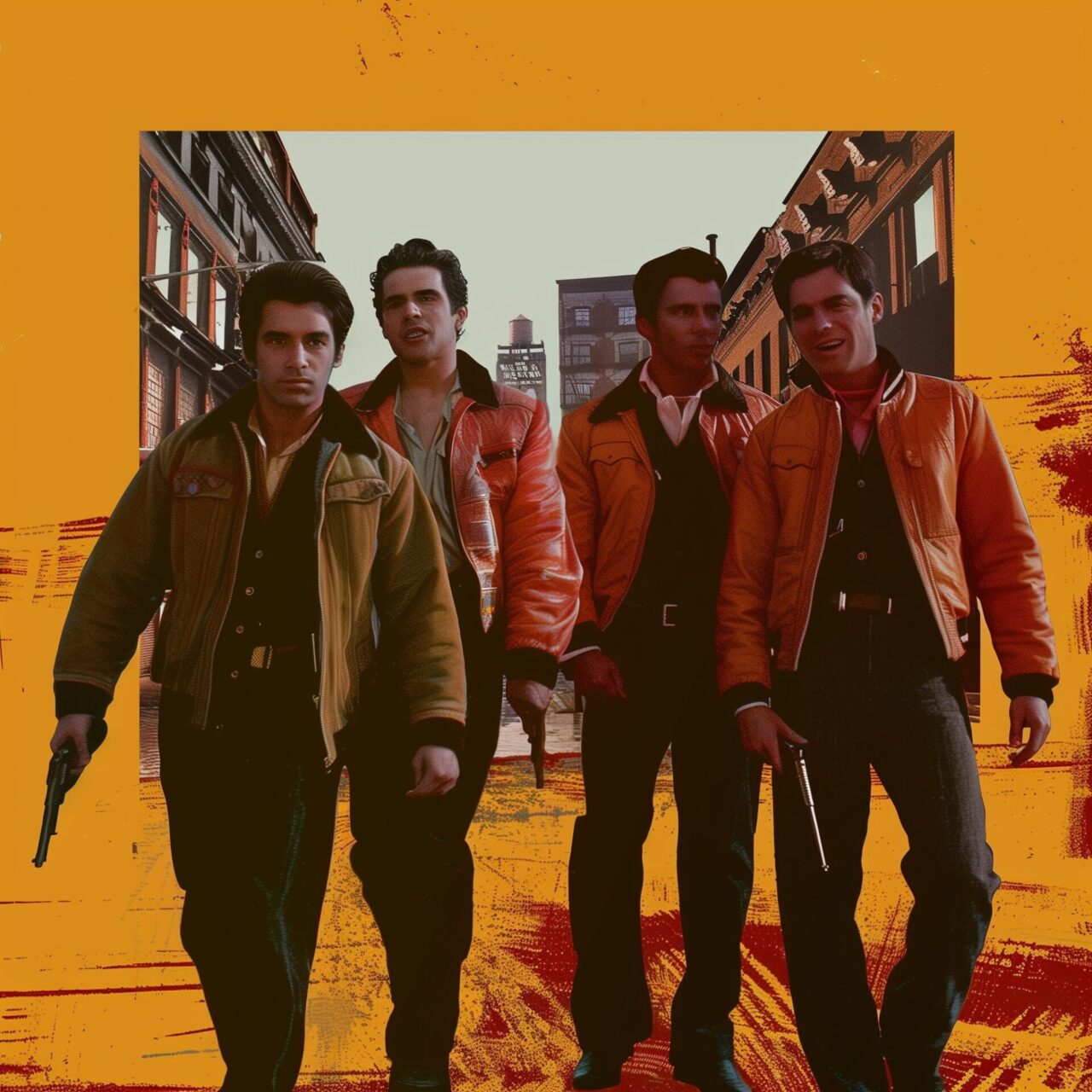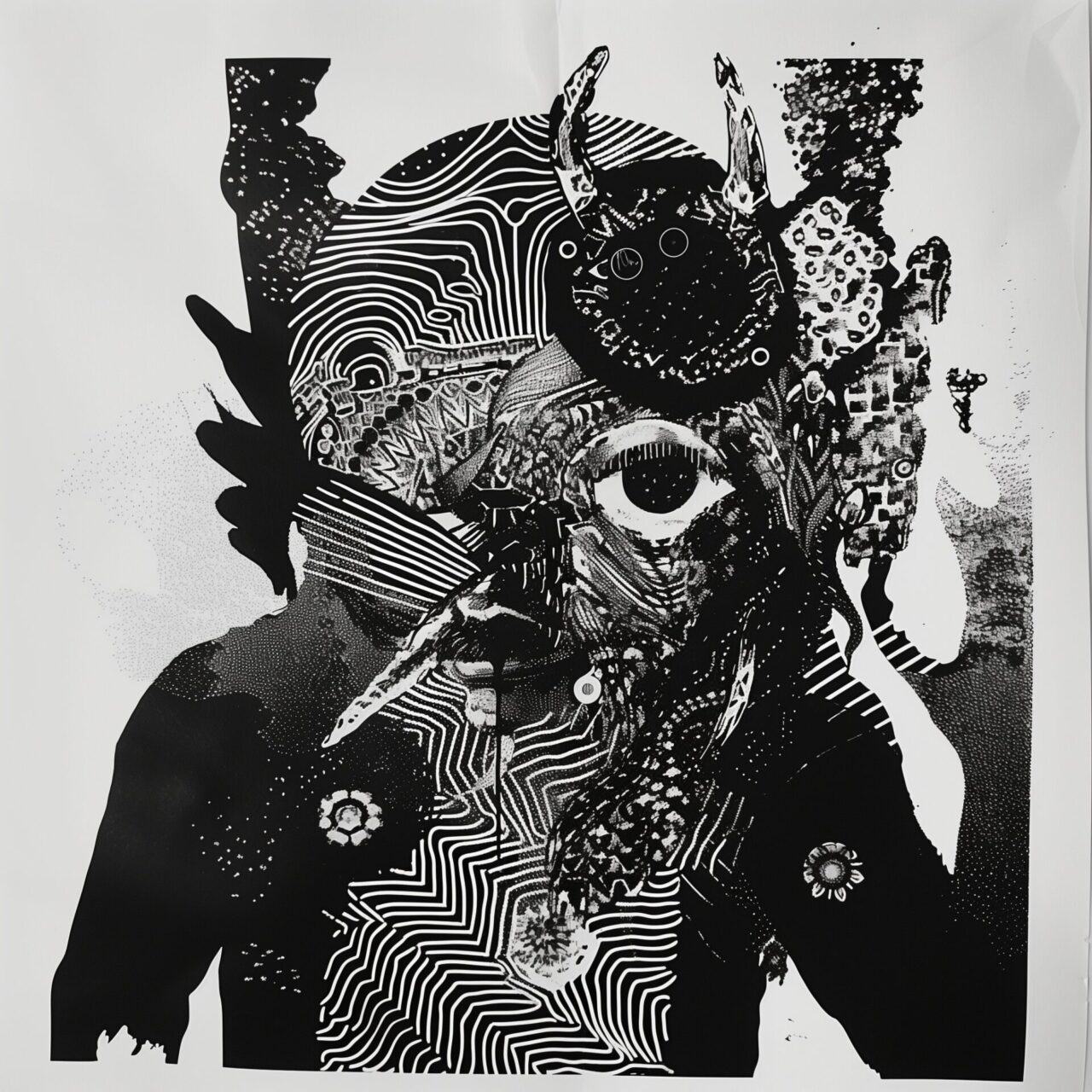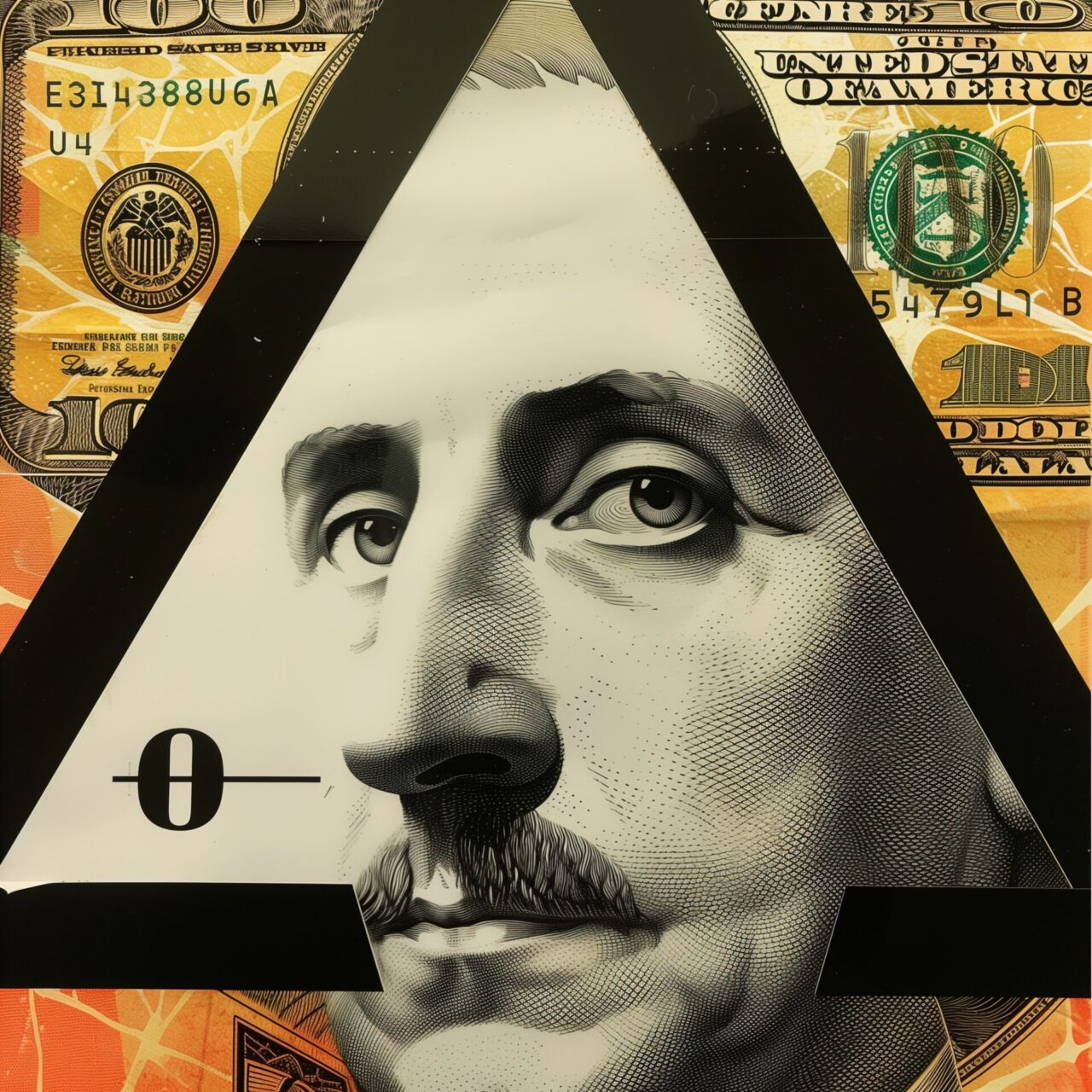
The Wanderers
Philip Kaufman’s “The Wanderers” from 1979 is a cultural time capsule that catapults us back to New York City in the late 1960s. Balancing between visual elegance and raw street realism, the work serves as a window into an era when youth culture, gang wars and social change defined urban America.
The setting
The 1960s in the USA were characterised by social tensions: the civil rights movement, the Vietnam War and an emerging counter culture. “The Wanderers” captures this spirit in a subtle way by telling the stories of a group of young gang members in the Bronx. Shot with a keen eye for detail by cinematographer Michael Chapman, the film delves deep into the gang subculture, offering a visual feast that is both authentic and stylised.
A kaleidoscope of human experiences
Kaufman, assisted by his wife Rose Kaufman’s script, sketches characters that are at once iconic and profound. The “Wanderers”, a group of Italian-American teenagers, navigate struggles, love and coming of age in a world that holds little promise for them. The film addresses racism, masculinity and the search for identity without moralising, which gives it a timeless relevance.

Editing and soundtrack
Stuart H. Pappé and Ronald Roose edited the film to create a dynamic narrative structure that takes the viewer through an emotional rollercoaster. The film’s soundtrack, peppered with hits of the era, serves not only as entertainment, but also as a commentary on the plot and a reflective surface for the characters.
The film as a mirror and criticism
Ironically, although often misunderstood as a kind of nostalgia trip, “The Wanderers” reveals deeper socio-political commentary on the times in which it is set. Kaufman’s depiction of violence and the difficult social dynamics is both a product of its time and a harbinger of the debates about urban unrest and youth culture that are still relevant today. The world of “The Wanderers” is echoed in modern media exploring similar themes, from “The Warriors” to “Stranger Things”. These cultural artefacts draw a direct line from the past to the present and show how universal and timeless the themes explored in the film are.
Philip Kaufman’s “The Wanderers” is a study of human bonds and the social structures that shape us. It is a radical, avant-garde look at a time that can tell us a lot about our own. Its ability to ask profound questions through a nostalgic lens makes it an essential part of film history and an interesting mirror for current social discussions. At a time when the world is constantly changing, “The Wanderers” offers an opportunity to look back and perhaps learn something for the future.



